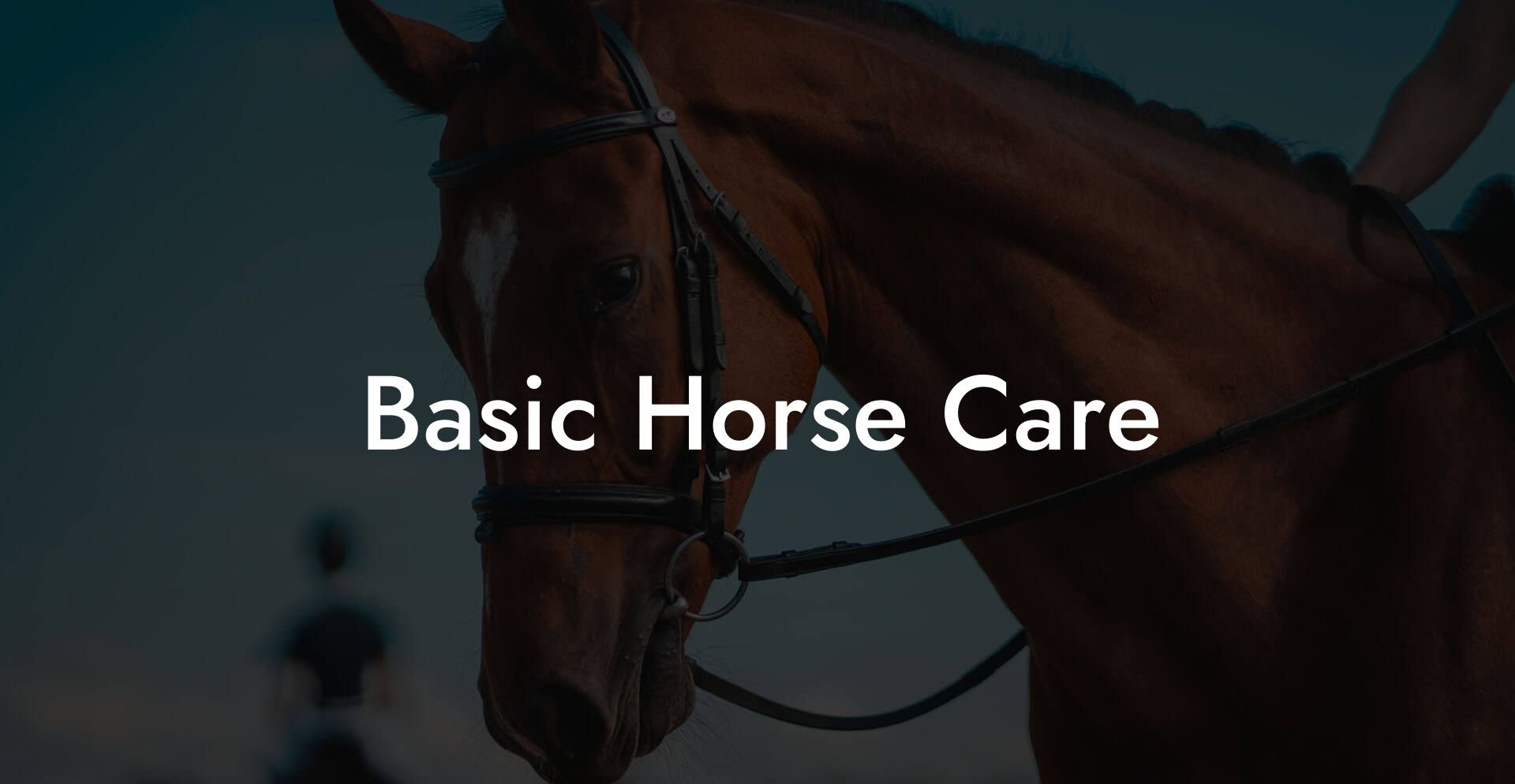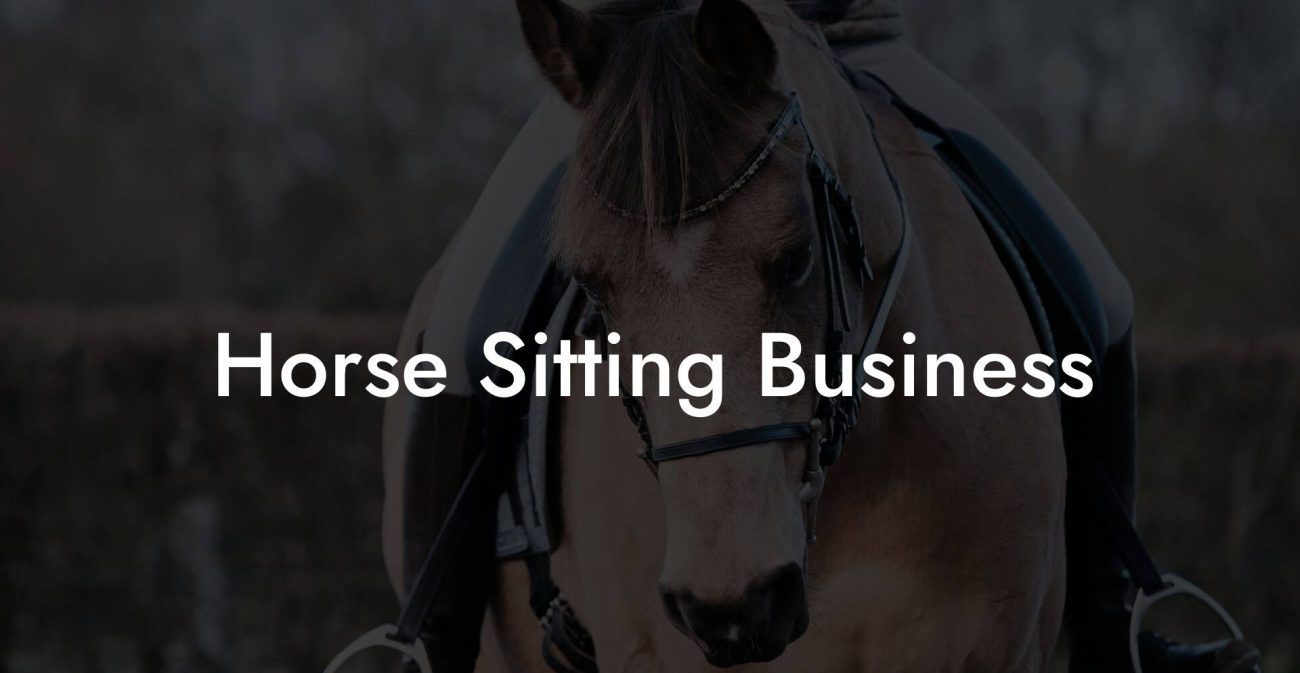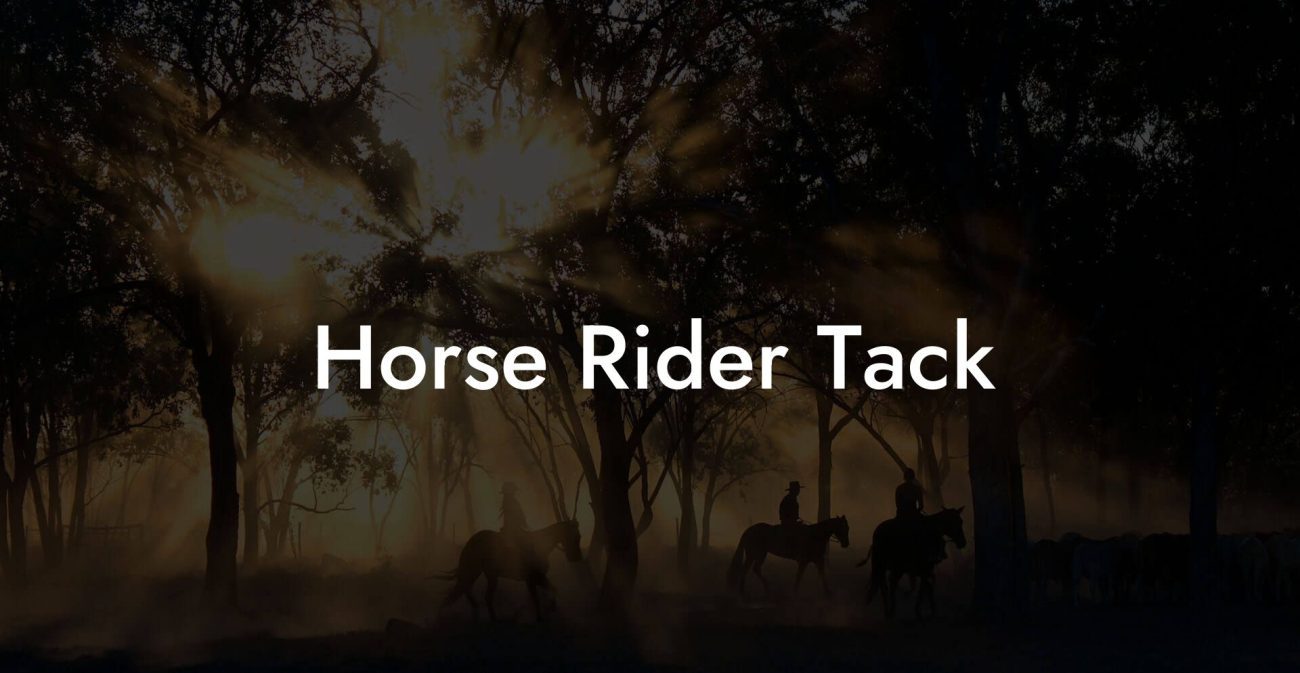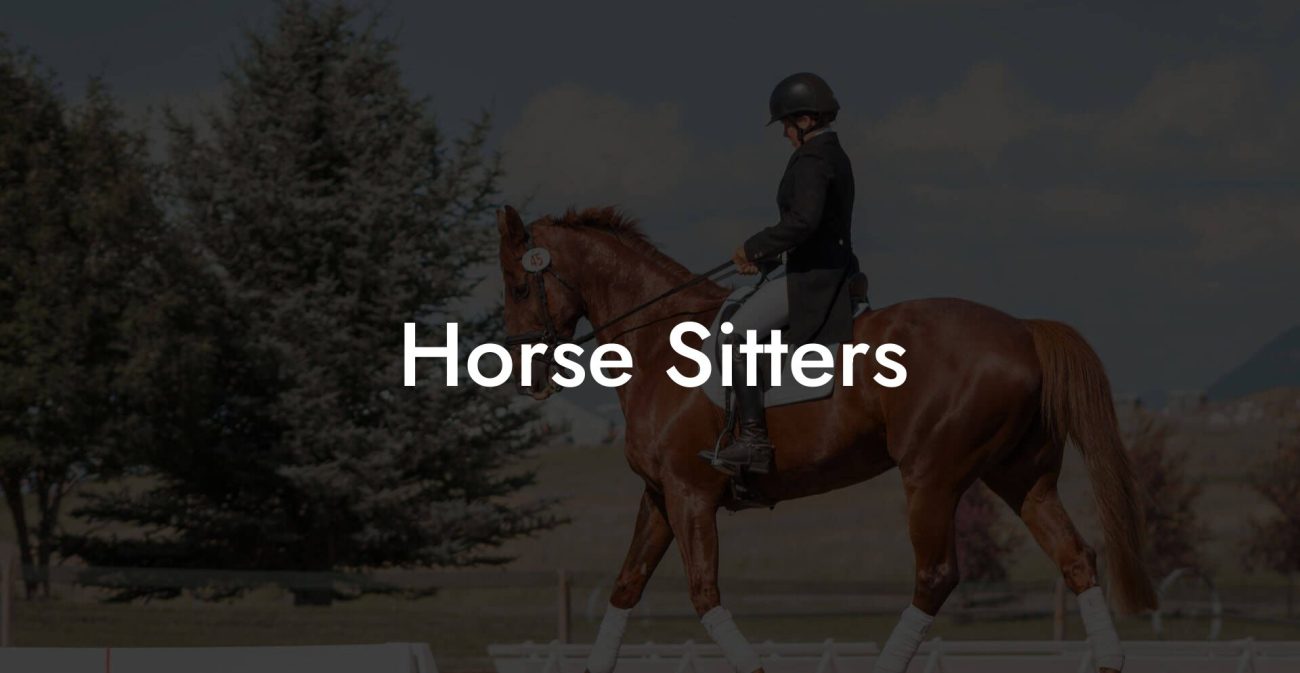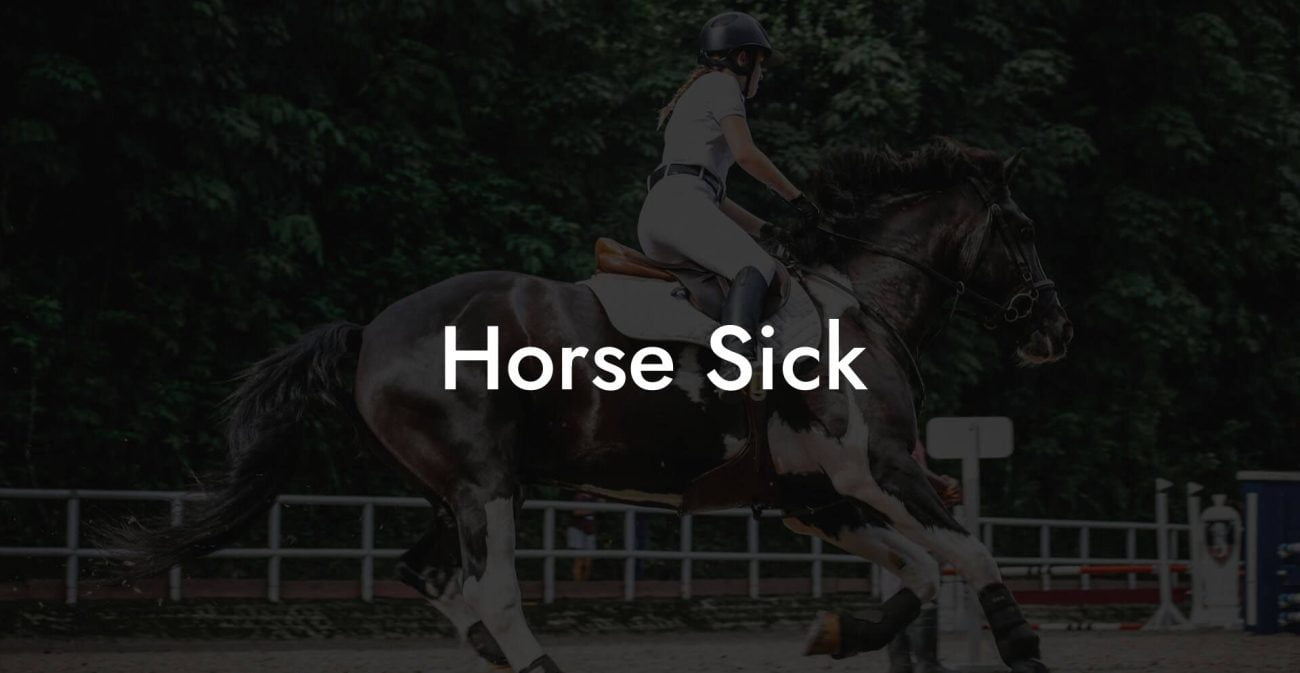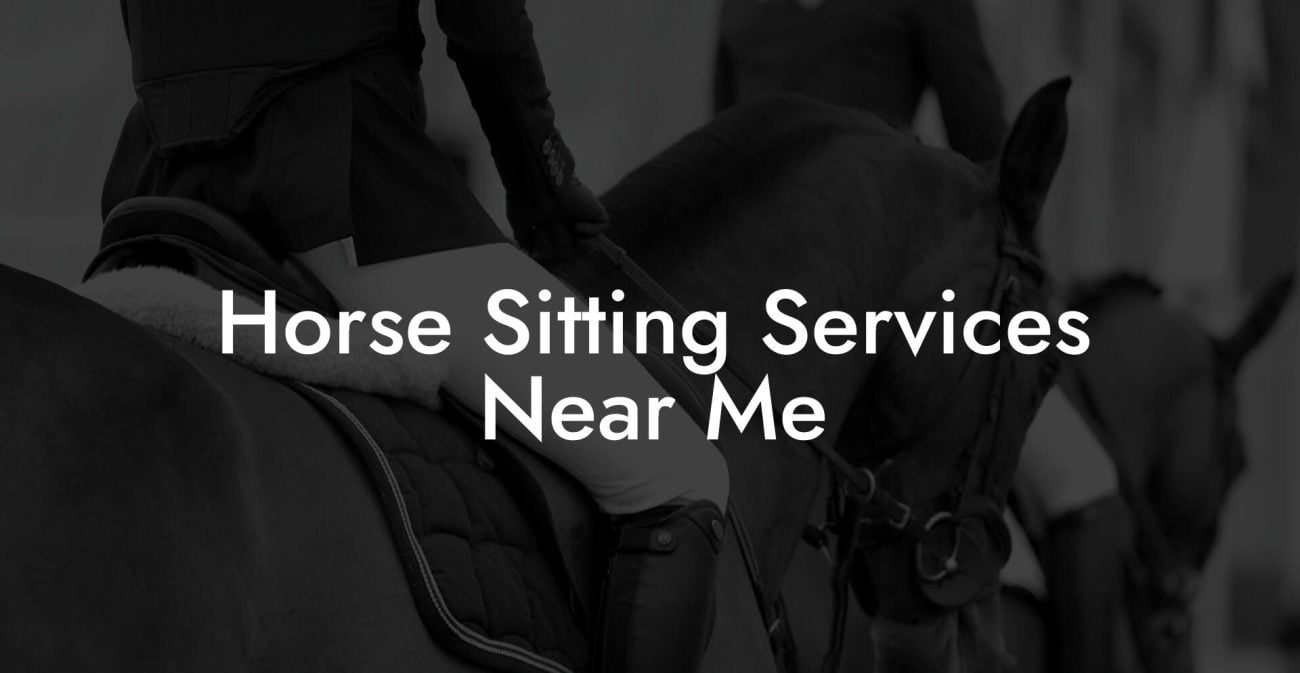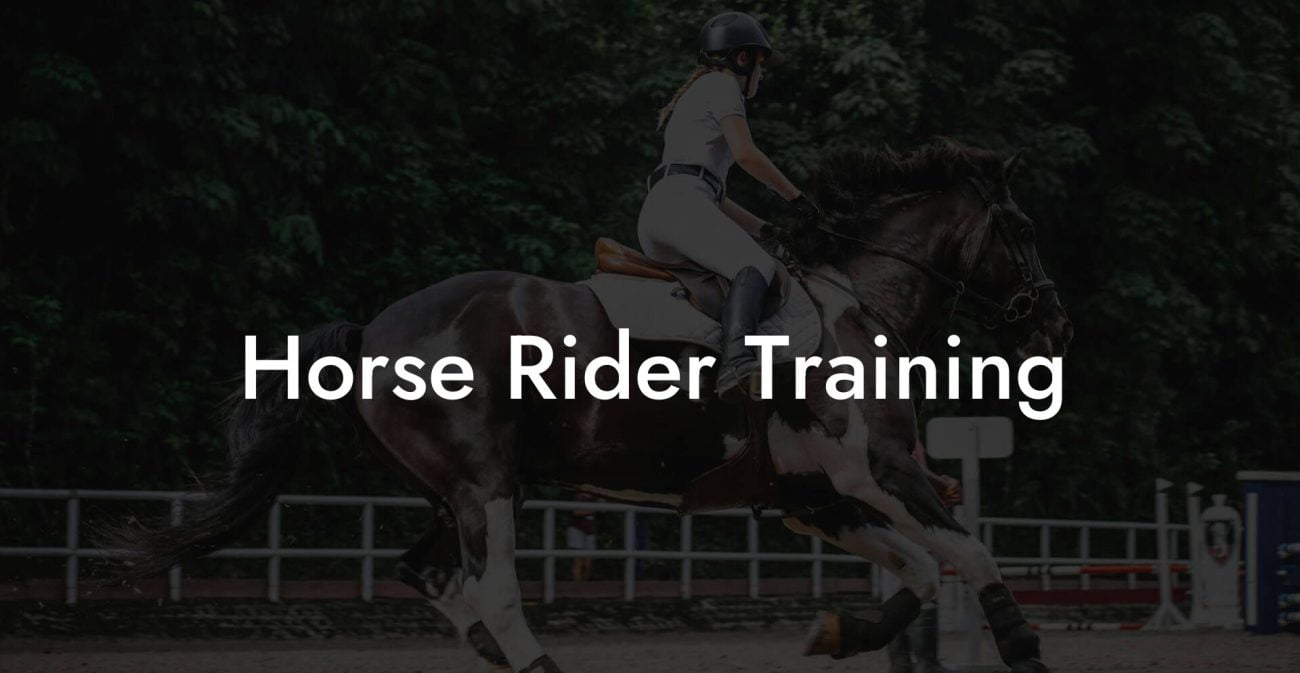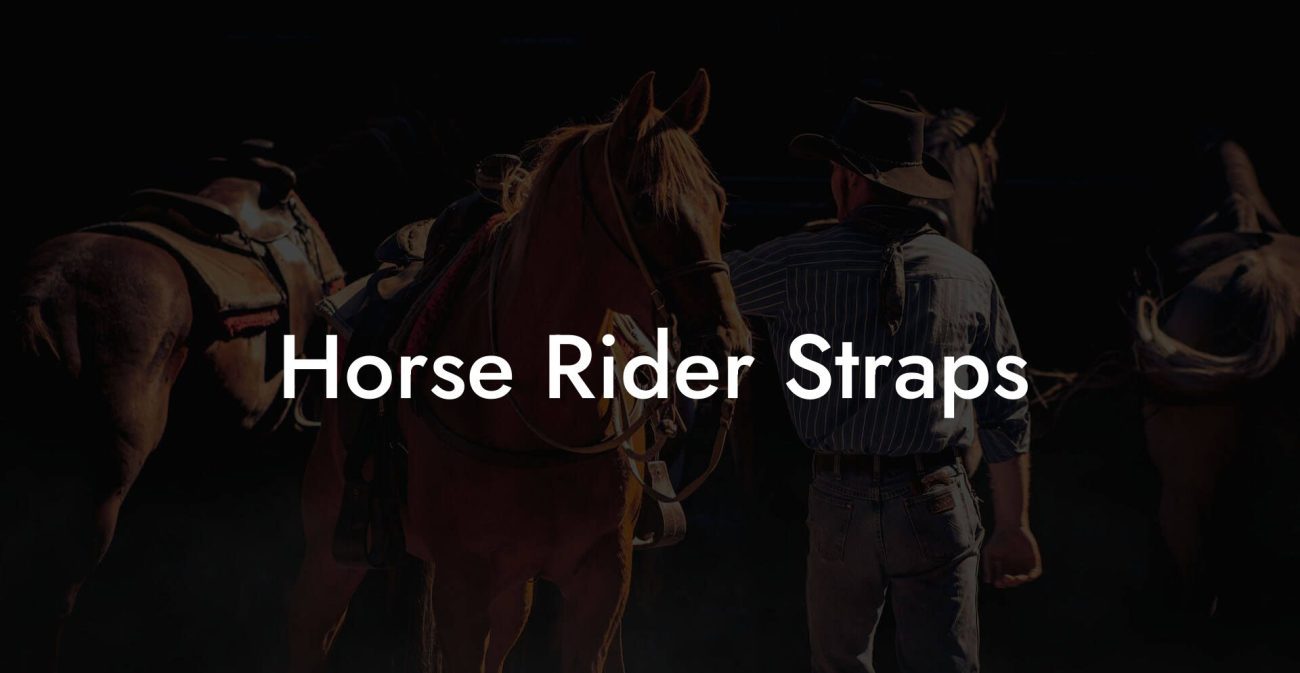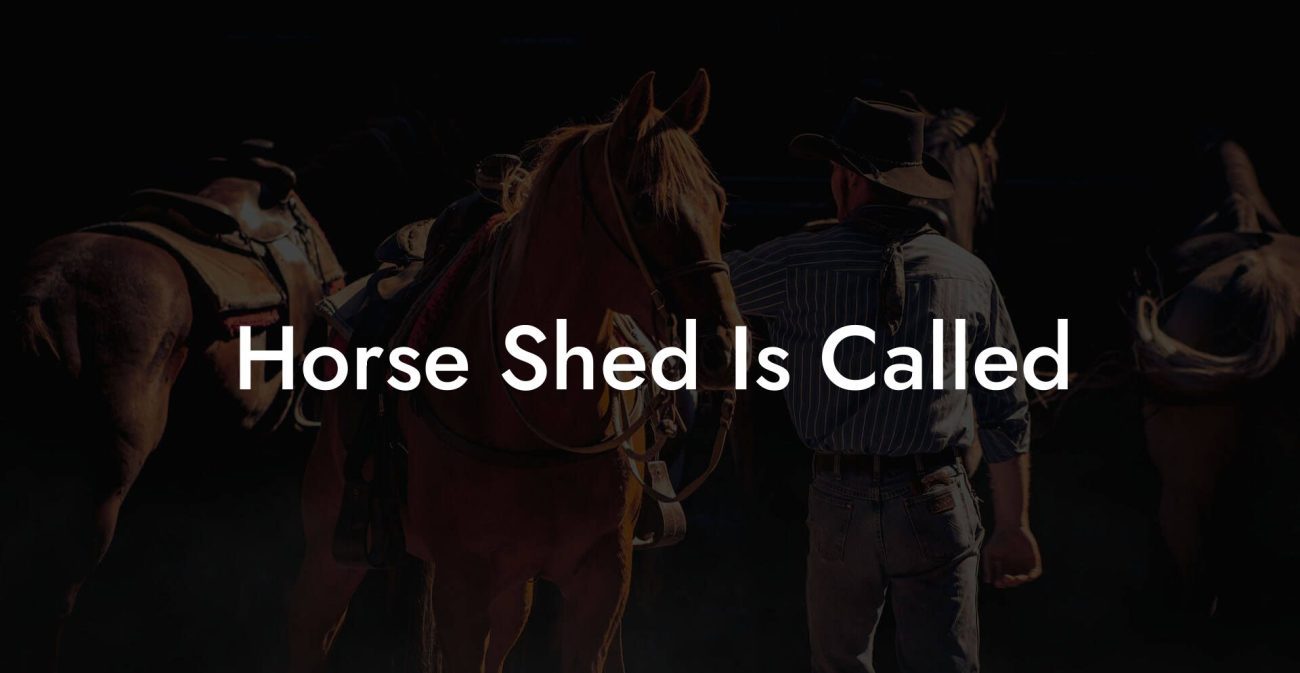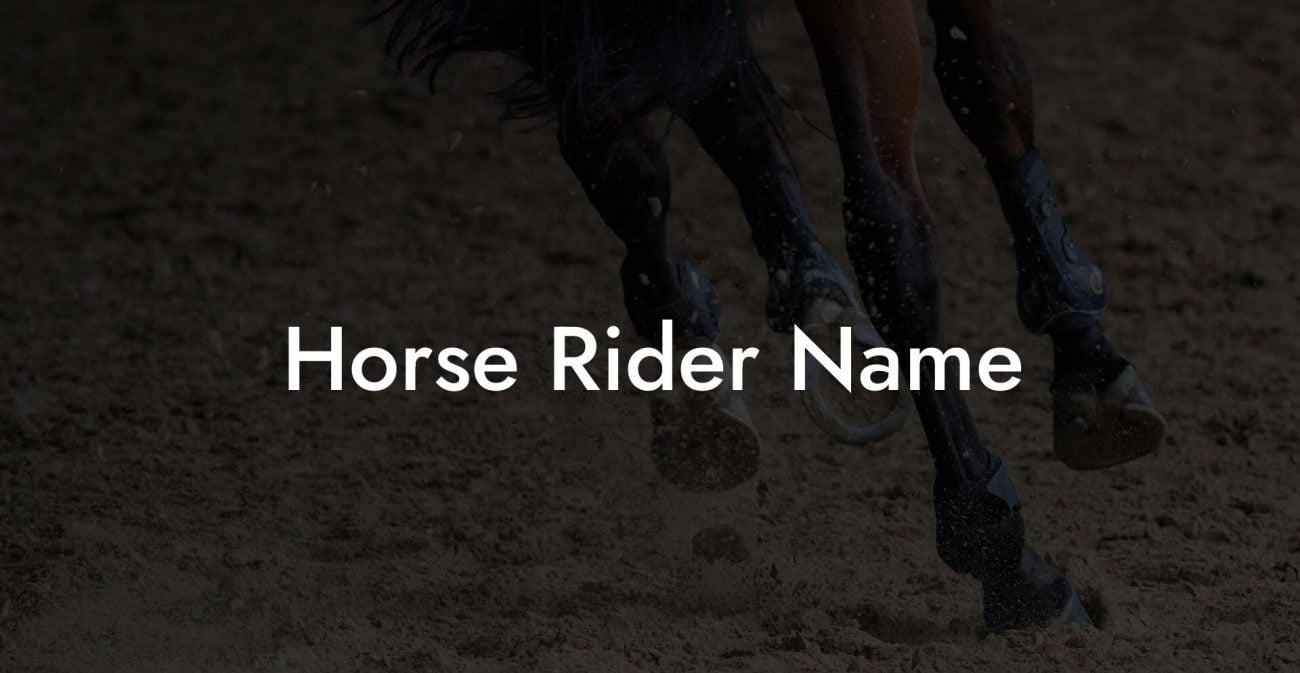Ever thought about what it takes to be the ultimate horse whisperer in the digital age? Basic horse care isn’t just for seasoned riders or countryside experts, it’s an adventure that welcomes every Gen-Z enthusiast and millennial ready to dive into the world of equine magic. From feeding and grooming to stable management and understanding your four-legged friend’s quirky behavior, this guide is your go-to manual for establishing a strong, fun, and fulfilling bond with your horse.
Quick Links to Useful Sections
- The Essentials: What is Basic Horse Care?
- Feeding and Nutrition: Fueling Your Horse’s Adventures
- Understanding Equine Nutrition
- Best Feeding Practices
- Stable and Environment Management: Creating a Safe Haven
- Setting Up a Comfortable Stable
- The Great Outdoors: Pastures and Turnout
- Grooming, Health Maintenance, and Hygiene: The Art of Binding Hearts
- Daily Grooming Routines
- Preventive Health Care
- Exercise and training: Building Trust with Movement
- Daily Exercise Routines
- Basic Training Tips
- Safety and First Aid: Ready for Anything
- Basic Safety Guidelines
- Equine First Aid Essentials
- Understanding Horse Behavior and Building a Bond
- Decoding Equine Body Language
- Bonding Through Shared Experiences
- Resources and Community Support: Your Next Steps
- FAQ: Your Basic Horse Care Questions Answered
- Your Journey to Confident, Caring Horse Ownership
The Essentials: What is Basic Horse Care?
At its core, basic horse care is all about providing your equine companion with the necessities that keep them happy, healthy, and ready to kick up their heels! It encompasses a blend of daily routines, smart stable management, proper nutrition, and of course, lots of love and attention. Whether you’re a new horse owner or someone looking to up their equestrian game, understanding these fundamentals is the key to unlocking a fulfilling relationship with your horse.
Think of it as a holistic approach to care, one that considers not just the physical health of your horse but also their mental and emotional well-being. This means getting hands-on with grooming, being mindful of their feeding schedules, setting up a safe, comfortable environment, and even ensuring they enjoy a bit of play and exercise. Horse care is not a one-size-fits-all checklist; it demands an understanding of your horse’s unique personality, breed-specific needs, and even their mood on a given day!
Integrating these practices into your routine not only boosts your horse’s vitality but also deepens the bond between you and your majestic friend. And let’s face it, who wouldn’t want to be that cool caregiver who knows the ins and outs of equine wellness?
Feeding and Nutrition: Fueling Your Horse’s Adventures
Just like us, horses thrive on the right kind of fuel. Feeding your horse isn’t solely about tossing a bucket of hay their way, it’s about ensuring they have a balanced diet rich in all the nutrients they need for energy, muscle strength, and overall well-being. Whether you’re into trendy superfoods or adhering to age-old feeding traditions, nailing down the perfect meal plan is crucial.
Understanding Equine Nutrition
Equine nutrition is a fascinating mix of science and art. Horses are naturally grazing animals, meaning they prefer a steady intake of small meals rather than big, infrequent binges. Their diet is typically composed of high-quality hay, a small amount of grains, and fresh water available at all times. Balancing these components ensures that your horse enjoys optimal digestion and overall health.
Some trendy topics to keep an eye on include the benefits of organic hay, the latest in equine supplements, and alternative feeds that are gaining traction in the equestrian community. Look out for essential nutrients like protein, fiber, vitamins, and minerals that support everything from muscle repair to a shiny coat.
Best Feeding Practices
Incorporating smart feeding practices into your daily routine can make a world of difference. Here are some golden rules:
- Scheduled Feeding: Establish regular feeding times to mimic their natural grazing habits and maintain a healthy digestive rhythm.
- Fresh Water: Always ensure an ample supply of fresh, clean water to keep your horse hydrated.
- Quality over Quantity: Opt for high-quality hay and balanced concentrates. Your horse’s overall health is influenced by what goes into their mouth!
- Monitor Body Condition: Adjust portions based on your horse’s activity level, age, and body condition, ensuring they remain at an ideal weight.
By keeping up with the latest nutritional trends and staying open to adjusting your horse’s diet, you’re laying a solid foundation for their athletic performance and overall vitality.
Stable and Environment Management: Creating a Safe Haven
A happy horse is a horse with a comfy place to call home. Your stable and the surrounding environment play a crucial role in ensuring your horse feels secure, stimulated, and ready to explore.
Setting Up a Comfortable Stable
The stable is not just a roof over your horse’s head, it's their sanctuary. A well-maintained stable should feature:
- Cleanliness: Regular cleaning reduces dust and minimizes the spread of diseases. Make sure to remove manure, soiled bedding, and debris frequently.
- Proper Ventilation: Fresh air is vital to prevent respiratory issues. Good ventilation ensures an even distribution of temperature, especially in extreme weather.
- Ample Space: Horses need room to move around. A spacious stable reduces stress and prevents injuries that might arise from cramped quarters.
Gearing up your stable with the right infrastructure not only boosts your horse's health but also makes maintenance a breeze, giving you more time for bonding and fun activities.
The Great Outdoors: Pastures and Turnout
Apart from a cozy stable, horses need the freedom to roam. Regular turnout in spacious pastures offers exercise, fresh air, and social interaction if you have multiple horses. Some key points include:
- Safe Fencing: Ensure that your pasture has strong, secure fencing to prevent escapes and protect against predators.
- Shade and Shelter: Provide natural or artificial shelters to protect horses from extreme weather conditions.
- Rotational Grazing: This practice prevents overgrazing and gives the land time to recover, ensuring a sustainable food source for your horse.
A well-planned turnout not only enhances your horse’s quality of life but also brings a dynamic, ever-changing environment right to their hooves, making every day a new adventure.
Grooming, Health Maintenance, and Hygiene: The Art of Binding Hearts
Grooming is more than about keeping your horse looking runway-ready, it’s a critical aspect of their health that involves checking for injuries, removing dirt, and even just providing a soothing massage. For Gen-Z and millennials, mastering grooming techniques can become a fun ritual that deepens the bond with your horse.
Daily Grooming Routines
Establishing a daily grooming routine is essential. Here are some tips:
- Brushing: Use stiff and soft brushes to remove dirt, dust, and loose hair. Focus on areas like the mane, tail, and along the back.
- Hoof Care: Regular cleaning of hooves prevents build-up of debris that can lead to infections. Check for cracks and foreign objects often.
- Bathing: Depending on the season and your horse’s activity, occasional bathing can refresh their coat, but be cautious not to overdo it as it can strip natural oils.
- Massage: A gentle massage not only relaxes your horse but also helps you pick up on any unusual lumps or muscle stiffness.
Remember, each grooming session is an opportunity for heart-to-heart communication. Enjoy the process, and you might end up with some epic selfies with your four-legged bestie!
Preventive Health Care
Health maintenance is a proactive approach to avoid bigger problems down the line. Key strategies include:
- Regular Vet Check-ups: A bi-annual or annual check-up can catch health issues before they escalate. Vaccinations and deworming are part of this routine.
- Dental Care: Equine dental health is often overlooked. Regular dental check-ups help prevent issues with eating and overall behavior.
- Parasite Control: Strategic deworming and parasite management are essential to keep your horse comfortable in various weather conditions.
- Monitoring Body Condition: Keep an eye on weight fluctuations and movement patterns that might indicate health issues.
With preventive care practices, you not only ensure your horse stays in tip-top shape, but you also cultivate a relationship built on trust and tender care.
Exercise and training: Building Trust with Movement
Horses, like humans, require consistent physical activity to maintain their overall health. Whether your horse is a spirited companion or a potential competitive athlete, exercise and training boost strength, agility, and mental sharpness. And yes, it’s totally cool to mix in some trendy fitness moves into your routine, think of it as the equine version of a high-energy TikTok workout!
Daily Exercise Routines
Consistency is key when it comes to exercise. Incorporate a mix of activities that work on flexibility, strength, and balance:
- Ground Work: Simple exercises like lunging and long-lining build communication and trust, while improving your horse’s responsiveness.
- Trail Rides: Exploring trails not only gives your horse a change of scenery but also challenges their muscles in new ways.
- Playtime: Games, obstacle courses, or even simple chasing activities can keep things playful and dynamic.
- Cool-down Stretches: Just like a good yoga session, incorporating cool-down stretches after exercising helps prevent muscle stiffness and injury.
A well-rounded exercise routine contributes to your horse’s overall well-being and leads to a more intuitive and responsive training experience.
Basic Training Tips
Training isn’t about discipline alone, it’s about mutual respect, communication, and fun. Here are some tips to get started:
- Start Simple: Begin with basic commands and gradually introduce more complex tasks as your horse becomes comfortable with you.
- Positive Reinforcement: Reward good behavior with treats, pats, or a kind word. Horses pick up on your energy, so keep it upbeat!
- Short Sessions: Keep training sessions brief and focused. Short, interactive sessions are more effective than lengthy drills.
- Stay Patient: Recognize that like any living being, your horse will have off days. Adapt your pace accordingly and celebrate small wins.
Training is a continuous journey, one where both you and your horse learn and grow together. Before you know it, you’ll be the dynamic duo everyone at the barn talks about!
Safety and First Aid: Ready for Anything
As much as we love our horses, sometimes life throws a curveball (or a stray hoof). Being well-prepared with knowledge of safety measures and first aid can make all the difference in an emergency. This isn’t about turning you into a vet overnight, it’s about arming you with the right tips to keep both you and your horse safe.
Basic Safety Guidelines
Safety in the stable and during rides is a top priority. Here are some simple yet effective guidelines:
- Wear Protective Gear: Whether you’re riding or grooming, helmets, gloves, and boots designed for equestrian activities can protect you from unexpected mishaps.
- Know Your Surroundings: Always be aware of potential hazards in the stable, loose objects, slippery floors, or sharp edges can be dangerous.
- Safe Handling: Learn the proper techniques for handling horses. A calm approach not only prevents stress for your horse but minimizes injury risks.
- Emergency Contacts: Keep a list of your vet’s, farrier’s, and local emergency services’ contacts accessible at all times.
Equine First Aid Essentials
Equip yourself with a basic equine first aid kit that includes items like bandages, antiseptics, a digital thermometer, and wound-cleaning supplies. Here are a few tips on handling common issues:
- Minor Cuts and Abrasions: Clean the area thoroughly, apply antiseptic, and bandage if necessary.
- Heat Stress: Provide shade, fresh water, and consider using cool water to lower body temperature gradually.
- Colic: Always contact your veterinarian immediately at the first sign of colic, as it can be life-threatening if not addressed promptly.
- Injuries: For any limping or visible injuries, restrict exercise until a proper diagnosis is made by a professional.
Familiarizing yourself with these basics means you’re better prepared for emergencies, making you a more confident and responsive horse owner.
Understanding Horse Behavior and Building a Bond
Every horse has its own personality, and understanding that personality is half the fun of horse care. From playful antics to moments of quiet introspection, learning to read your horse’s body language is essential for building trust, respect, and a deep, mutually rewarding connection.
Decoding Equine Body Language
Horses communicate primarily through body language. Their ears, eyes, and even tail position can signal their mood. For instance, pinned-back ears might mean your horse is anxious or irritated, whereas a softly swishing tail may indicate relaxation. Learning these subtle cues helps you respond appropriately and avoid misunderstandings.
Engaging in activities such as grooming or simply sitting quietly in their presence can allow you to observe and understand their nonverbal messages. This insight not only fosters a better relationship but also ensures you tailor your care to suit their comfort.
Bonding Through Shared Experiences
Whether it’s a quiet morning grooming session or an invigorating trail ride, shared experiences are the cornerstone of a strong bond. Try these fun activities to strengthen your connection:
- Interactive Grooming: Use this time not just for cleaning but for casual conversation and gentle touch, which reassures your horse of your bond.
- Groundwork Exercises: Simple games like leading and stopping exercises can build mutual respect and trust.
- Relaxation Time: Hire a few minutes from your day to just be with your horse without any agenda. Sometimes, sharing a quiet moment is the most meaningful communication.
Embracing these moments creates a synergy that benefits both you and your horse, turning everyday interactions into enriching shared experiences.
Resources and Community Support: Your Next Steps
Venturing into the realm of horse care can feel overwhelming at first, but remember, you’re not alone on this journey. The horse care community is vibrant and welcoming, brimming with like-minded enthusiasts, professional trainers, vets, and online forums ready to lend advice and share experiences.
Some next steps to deepen your knowledge and network include:
- Local Riding Clubs and Equestrian Centers: Join classes and workshops where you can meet professionals and other horse enthusiasts.
- Online Communities: Platforms like Facebook groups, Reddit subcommunities, and specialized equestrian forums are treasure troves of advice, funny anecdotes, and troubleshooting tips.
- Workshops and Webinars: Keep an eye out for digital events covering horse nutrition, first aid, and training techniques, perfect for that millennial craving for lifelong learning.
- Books and Blogs: From vintage manuals to cutting-edge digital guides, there’s a wealth of literature that can help you stay updated on best practices in horse care.
By tapping into these resources, you not only broaden your own skillset but also contribute to a growing community dedicated to the well-being of horses. After all, every shared tip or success story can light the way for someone else on a similar path.
FAQ: Your Basic Horse Care Questions Answered
Here are some frequently asked questions that address common concerns about basic horse care, from feeding to grooming and everything in between.
1. What is the most important aspect of basic horse care?
While every aspect is important, ensuring a balanced diet, proper shelter, and regular exercise are the foundations for a healthy horse. Equally critical is understanding your horse's unique needs and personality to tailor your care approach.
2. How often should I groom my horse?
Daily grooming is optimal, it not only keeps your horse clean but also serves as a bonding ritual. However, even a well-planned weekly deep grooming session can go a long way.
3. What type of feed is best for my horse?
High-quality hay paired with a balanced blend of grains and supplements tailored to your horse’s age, activity level, and health condition is ideal. Consult your veterinarian for specific dietary recommendations.
4. How do I create a stress-free stable environment?
Routine cleaning, proper ventilation, and adequate, secure space are key. Regular monitoring of your horse’s behavior will help you identify and resolve issues before they escalate.
5. Can I handle most first aid emergencies on my own?
While basic first aid knowledge is essential, severe emergencies require professional veterinary intervention. Always keep emergency contacts handy.
6. How do I know if I’m bonded well with my horse?
Signs of a strong bond include responsiveness to your commands, calm behavior during grooming, and a willingness to spend time together off-duty. Trust and mutual respect are the true markers of a good relationship.
7. Are there any online resources for learning more about horse care?
Absolutely! There are numerous websites, YouTube channels, blogs, and online communities dedicated to every aspect of horse care, perfect for the tech-savvy generation.
Your Journey to Confident, Caring Horse Ownership
Embracing basic horse care is not just a checklist of tasks, it’s an evolving lifestyle that champions love, respect, and a continuous learning curve. With every brushing session, every shared trail ride, and every neatly prepared meal, you’re building a relationship that transcends the ordinary. In this journey, you’re not only tending to the physical needs of your horse but also connecting on an emotional level that redefines companionship in the modern era.
For the Gen-Z and millennial enthusiasts out there, think of your horse as your ultimate sidekick. Much like curating the perfect Instagram feed, maintaining your horse’s health is an art form, one where each post (or in this case, each routine) counts. Just as you invest in self-care and sustainability in other areas of your life, applying those same principles to horse care is both empowering and fulfilling.
Every day is an opportunity to innovate in your approach. Experiment with new grooming tools, explore alternative feeding methods, or join a digital forum where people share their funniest stable mishaps and most profound bonding moments. The journey might be challenging, but it’s also incredibly rewarding. And remember, as you grow into the role of a confident horse caretaker, you’re also becoming part of a legacy that values kindness, resilience, and above all, connectivity both online and offline.
So kick off your boots, grab that brush or your smartphone, and dive headfirst into the world of equine care. Whether you’re curating the latest TikTok tip on healthy hay storage or just sharing a tranquil moment during a sunset ride, your commitment to basic horse care paves the way for an enriched, sustainable, and downright awesome adventure for both you and your horse.
Your journey to confident, caring horse ownership is just beginning. Embrace the challenges, celebrate the victories, and remember that every small step adds up to a lifetime of shared adventures and well-being.

